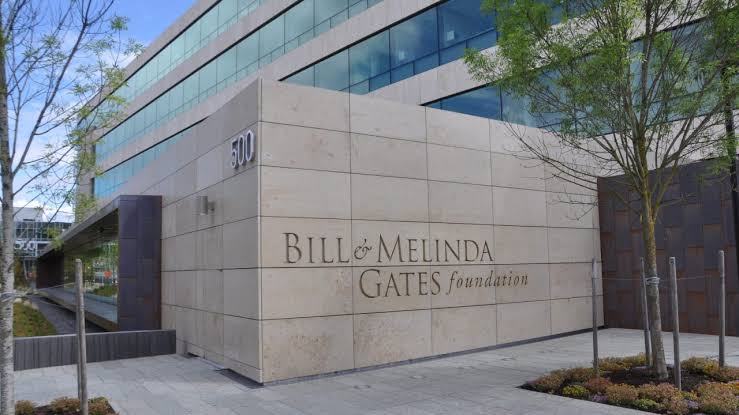The Bill & Melinda Gates Foundation has chosen approximately 50 recipients from a remarkable response to its recent Grand Challenge call for proposals. These chosen projects will employ AI-enabled Large Language Models (LLMs) to contribute to global health and development initiatives.
The initiative is focused on tackling global inequality and specifically targeted researchers and innovators in low- and middle-income countries. The announcement was made in an official press statement released by the foundation.
The responsible and secure use of AI-powered LLM technology could potentially address some of the most challenging health and development issues in the world, the foundation noted. However, they highlighted the importance of involving researchers from low- and middle-income countries in the design, application, and testing of this technology as it rapidly evolves.
The co-founder of iHub, Juliana Rotich, who serves on the foundation’s new AI Ethics and Safety Advisory committee, emphasized that technology advancements often deliver uneven benefits due to existing patterns of discrimination, inequality, and bias. She stressed the importance of developing AI responsibly and ethically, keeping the needs of the end user in mind.
The chosen projects, selected from 17 low- and middle-income countries, align with the foundation’s goal of fostering a global innovation ecosystem where it will have the greatest impact. Each recipient will receive up to $100,000 to advance their research projects, totaling $5 million in grants. The outcomes of these projects will be presented at the Grand Challenges Annual Meeting in Dakar, Senegal, this October.
The foundation’s focus on innovation and collaboration underscores its commitment to addressing pressing global health and development challenges. It aims to ensure that the benefits of AI are accessible to everyone, with a focus on equity, safety, and ethics, particularly in low- and middle-income communities.




